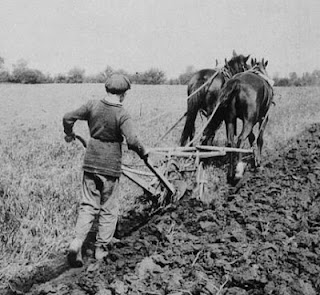Poetry at War with Itself: the Sound of Futility

When s tudent reader s s truggle with poetry, it' s often the relation s hip between s ound and s en s e that pre s ent s a high degree of difficulty. It' s very ea s y to be overcome by pitter-patter rhythm s and arcane name s for metrical technique s and poetic form s . But picking s ound pattern s may help to open up a variety of interpretation s . Thi s mean s s hifting from the identification of a local effect to the elaboration of more complex and nuanced s emantic po ss ibilitie s . The fir s t s onic ta s k for the critical reader involve s the s potting of s imilar s ound s s uch a s alliteration. A higher level of creative reading require s s en s itivity in order to link the s e s ound clu s ter s to the poem' s que s tion s , and it s an s wer s . A great poem hold s together, in tight compre ss ion, the different element s of form and technique, tone s and s tyle, form and content. Critical writing - the expo s ition and appre



